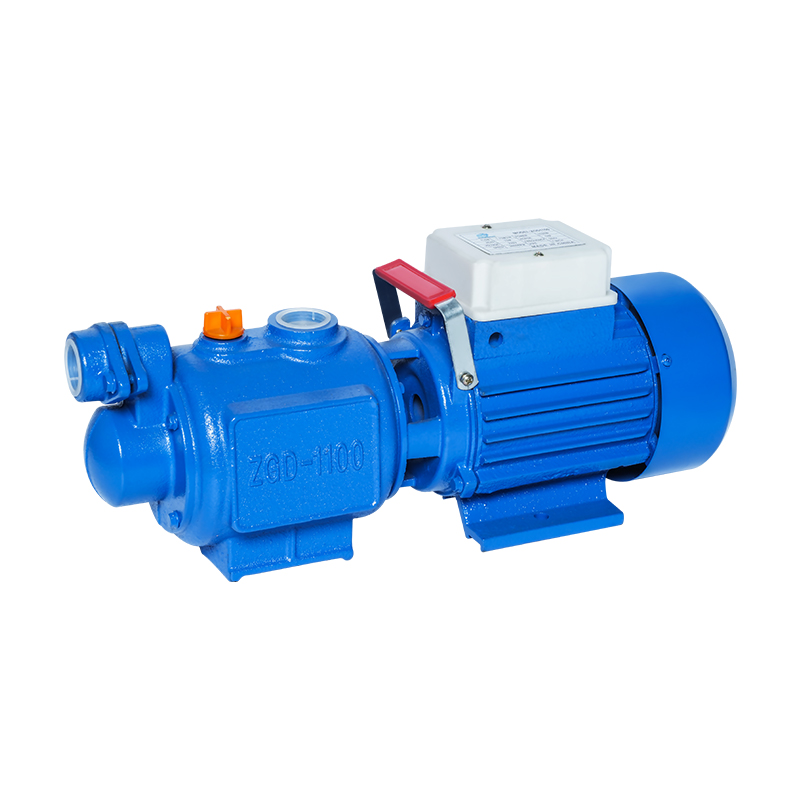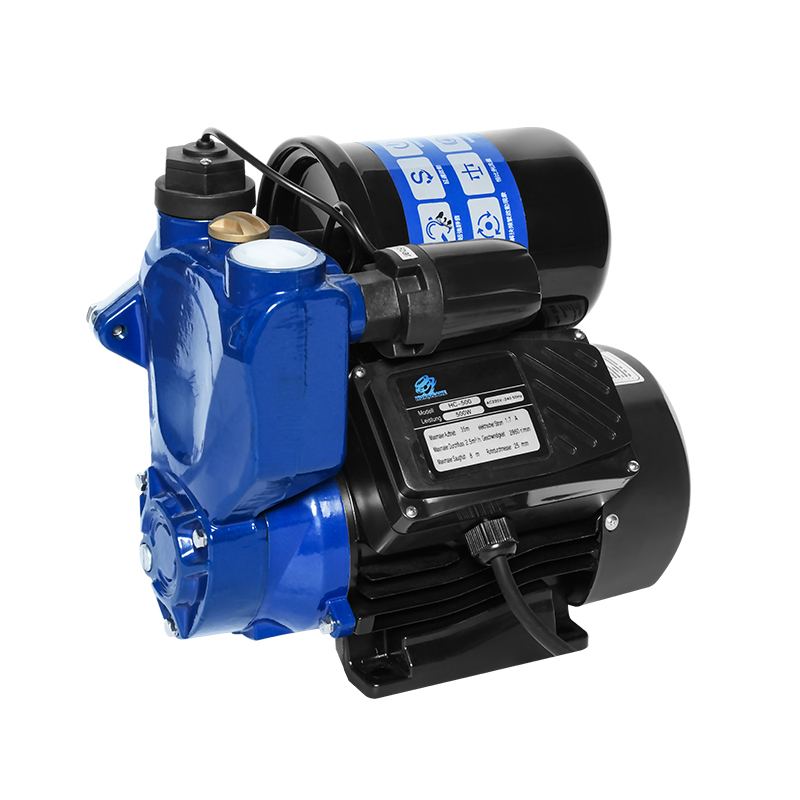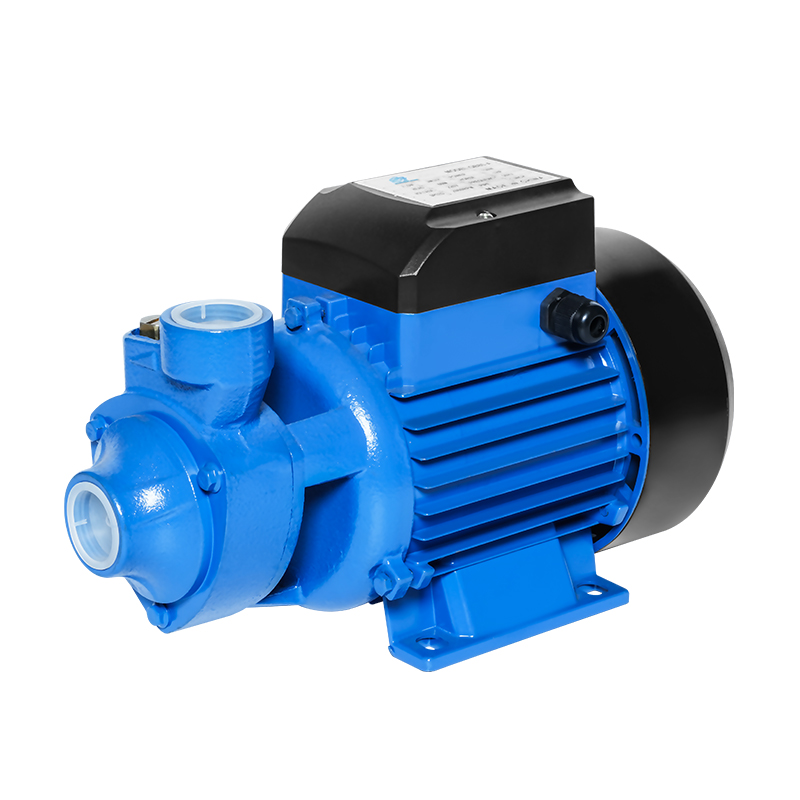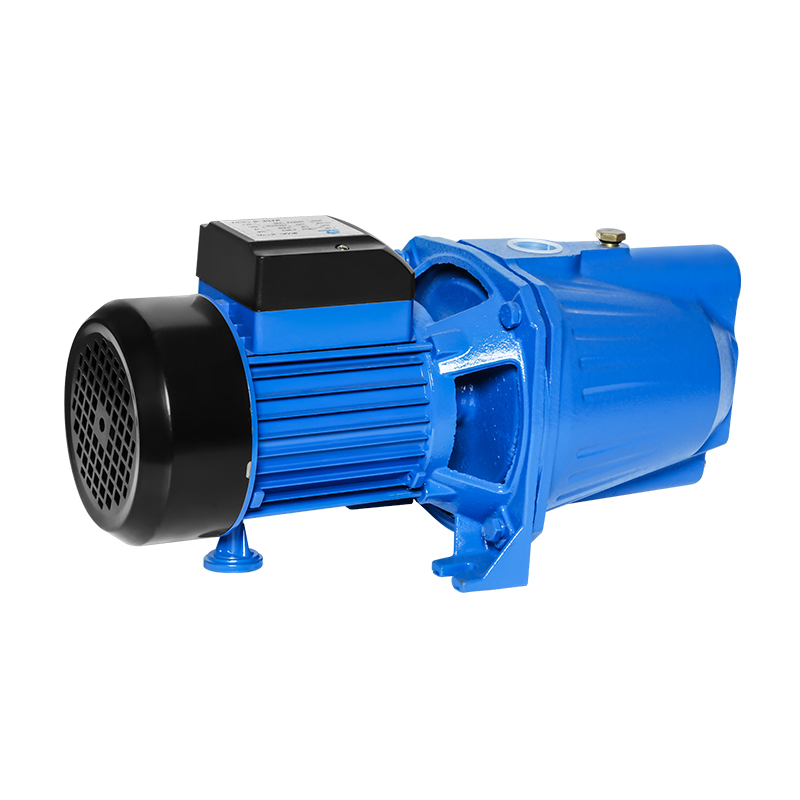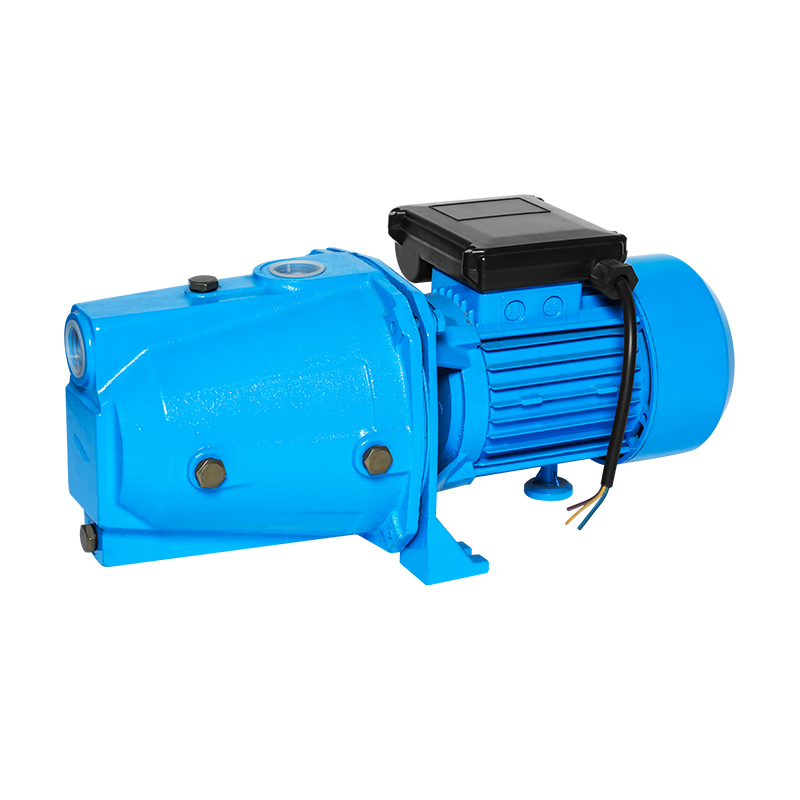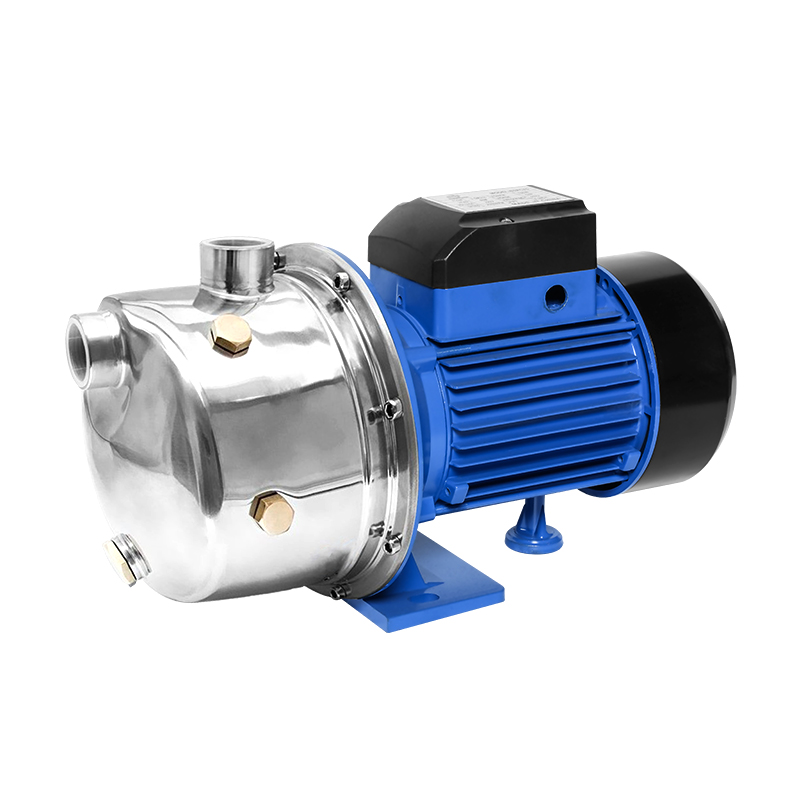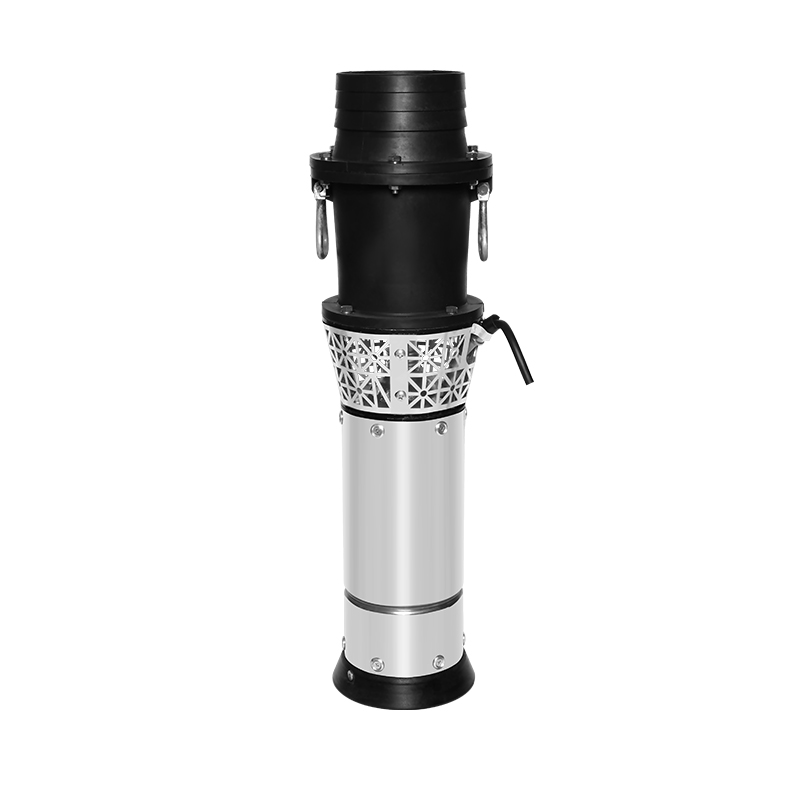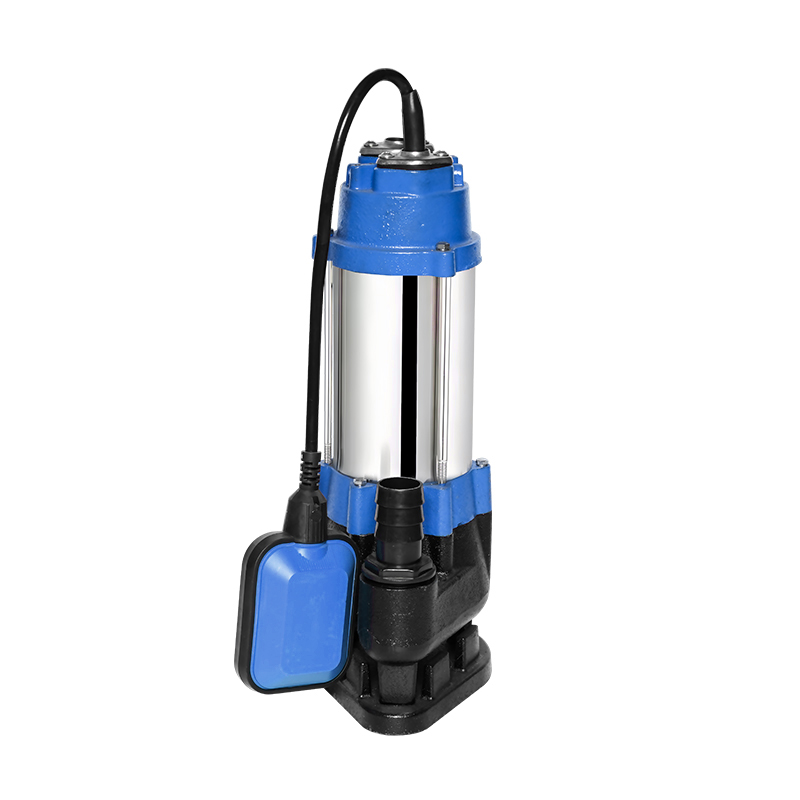Advances in Centrifugal Water Pump Manufacturing Technology
Centrifugal water pumps are used in various industries, including agriculture, construction, municipal water systems, and industrial fluid handling. These pumps operate by converting rotational kinetic energy into hydrodynamic energy, making them efficient for transporting water and other fluids. In recent years, several advancements have significantly influenced centrifugal water pump manufacturing, resulting in improvements in durability, energy consumption, and performance.
The noticeable developments in centrifugal water pump manufacturing are the increased use of computer-aided design (CAD) and simulation tools. These technologies allow engineers to design and test components virtually before physical production begins. Through computational fluid dynamics (CFD), designers can simulate fluid movement, reduce flow losses, and improve impeller and volute geometry. This approach reduces the time required for prototyping and enhances the overall design process.
Materials science has also played an important role in improving centrifugal water pump manufacturing. Traditional materials such as cast iron are still used, but manufacturers are now incorporating corrosion-resistant alloys, composite polymers, and stainless steel for better performance in aggressive or variable environments. These materials help extend the lifespan of pumps and reduce maintenance needs, particularly in systems handling water with high mineral or chemical content.
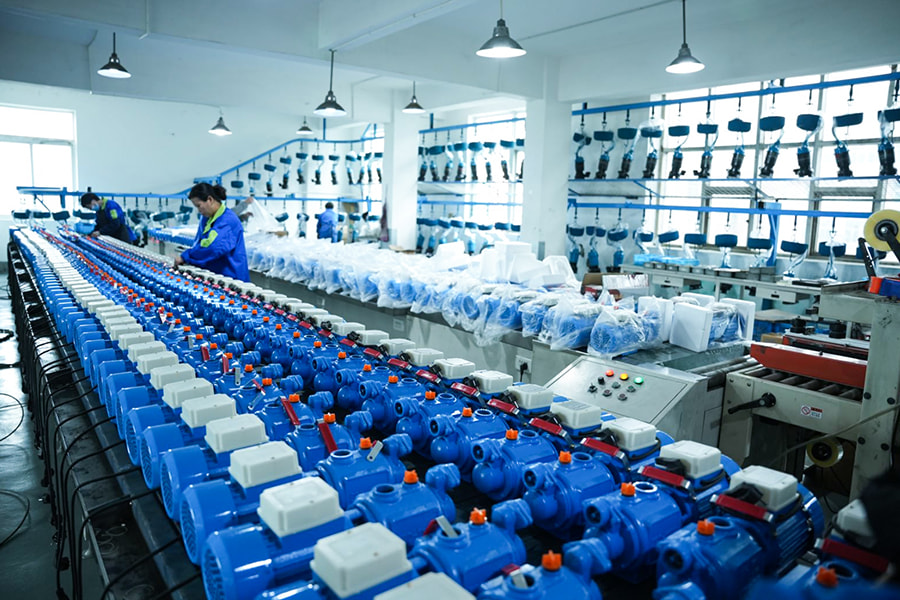
Another key area of advancement is the use of precision casting and CNC machining in the production process. These methods contribute to higher dimensional accuracy, smoother surface finishes, and more consistent component quality. In centrifugal water pump manufacturing, precision is essential for achieving tight tolerances that reduce leakage, vibration, and wear during operation.
Automation has also reshaped centrifugal water pump manufacturing. Robotic assembly lines and automated quality control systems are becoming increasingly common. Automation not only improves production efficiency but also ensures consistent manufacturing standards. This reduces human error and allows for continuous monitoring of parameters such as impeller balance, casing alignment, and seal integrity.
The integration of smart monitoring features is another recent trend. Many modern pumps now include sensors that track performance indicators such as pressure, temperature, and vibration. In the context of centrifugal water pump manufacturing, this has led to design adjustments to accommodate sensor housings, data transmission components, and compatibility with remote control systems. These smart features allow end-users to conduct predictive maintenance and reduce unplanned downtime.
Sustainability is also influencing the direction of centrifugal water pump manufacturing. Manufacturers are exploring ways to make their processes more environmentally responsible. This includes reducing material waste, recycling machining scrap, and improving energy efficiency during both production and operation. By reducing environmental impact, manufacturers align their products with broader sustainability goals without compromising on technical performance.
Centrifugal water pump manufacturing continues to evolve with the adoption of modern design software, improved materials, automated processes, and smart technologies. These innovations not only enhance product quality but also make the pumps more adaptable to a wider range of applications. As industries demand more reliable and efficient pumping systems, manufacturers are responding by refining each stage of the production cycle. The result is a generation of centrifugal pumps that are better equipped to meet the challenges of contemporary fluid management systems.


